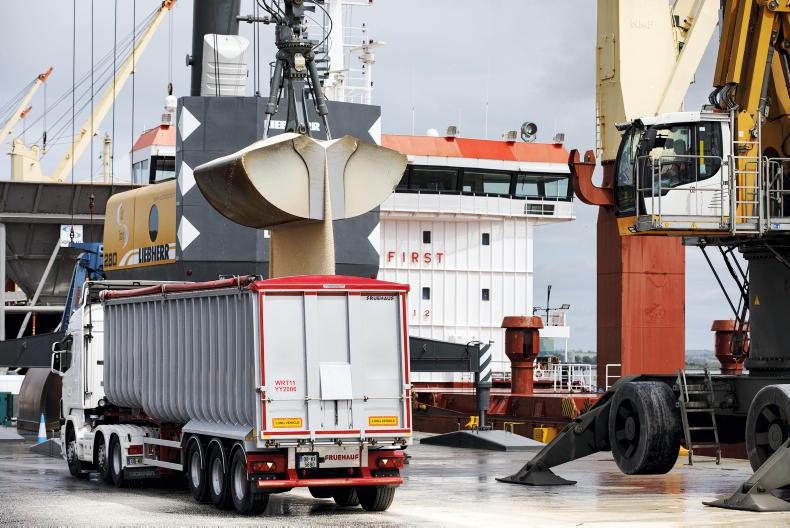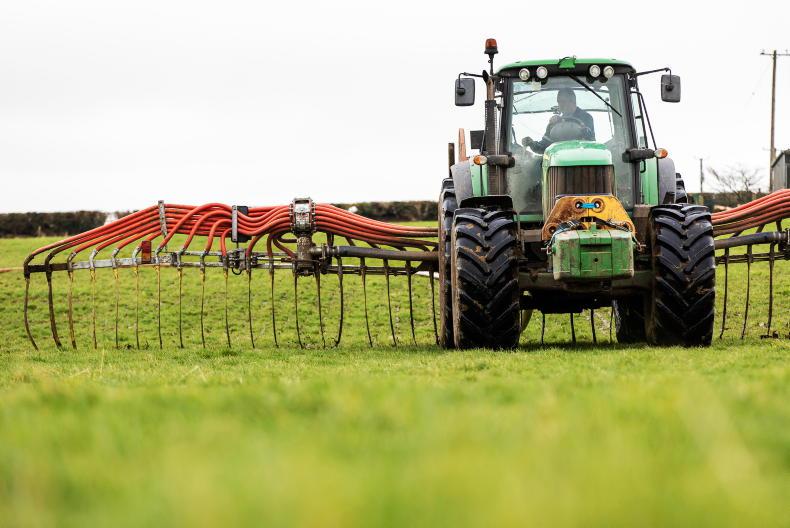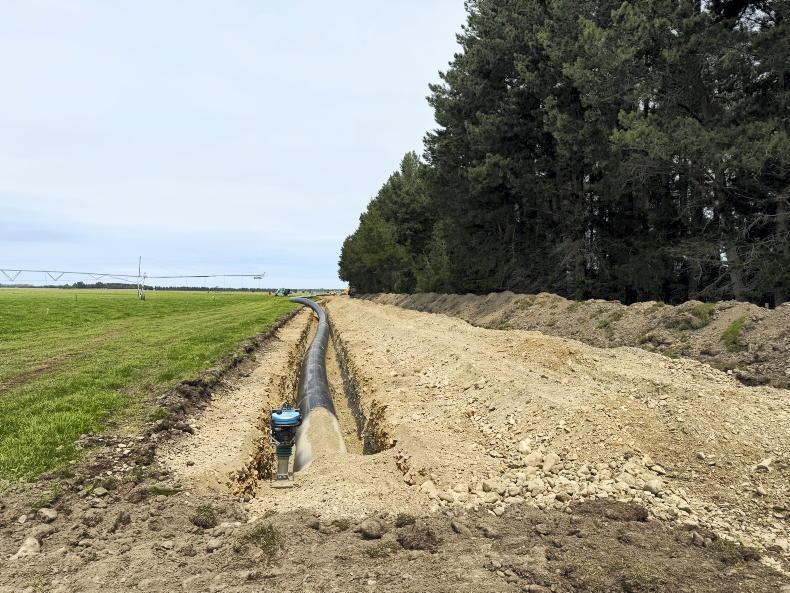The Department of Agriculture has confirmed this week that the new lower limit of 220kg organic nitrogen (N) per hectare will likely apply to some areas from January 2024.
How many farms will be affected and where they will be located will not be made known until next September, just four months before the measures will be introduced.
Senior inspector in the nitrates division of the Department of Agriculture Ted Massey agrees that the timelines will be tight for farmers, thousands of whom will be forced to take on extra land, reduce cow numbers or export slurry in order to remain compliant.
“It’s not an appropriate timeline for farmers to make adjustment, but the [European] Commission were adamant that if we wanted the nitrates derogation, we had to accept this condition that was being attached to it."
Review
Ireland secured its nitrates derogation in March for a four-year period up until the end of 2025, with a review in 2023, at which point the upper limit for organic stocking rate will fall from 250kg/ha to 220kg for farmers in catchments with declining water quality.
According to the Environmental Protection Agency (EPA), the catchments of concern are all along the east and south coasts.
Massey said retaining the derogation is not guaranteed: “It’s important to bear in mind that the Commission are not obliged to give any member state a nitrates derogation.
"The Commission had to be assured that in granting Ireland the derogation they would not be running any risk in terms of water quality.
"We would have argued that the likes of banding is only going to apply from the start of 2023, so it won’t have any impact on this water quality review, but the Commission were adamant that they couldn’t wait until later in the programme to see the impact of measures."
If we can’t identify that our measures are working, the reality is the Commission will push us to introduce further measures
“We all have to work to improve water quality, because if we don’t see our water quality trends going the right way when we go back to the Commission in 2025, we’re going to again be faced with a very difficult conversation and at least if we can show water quality improving, we can say to the Commission ‘look, our measures are working’ and hopefully there won’t be a need for further measures.
"If we can’t identify that our measures are working, the reality is the Commission will push us to introduce further measures and even that issue of 220kg [organic N/ha] could come on the table again, with the Commission seeking a lower limit."









SHARING OPTIONS